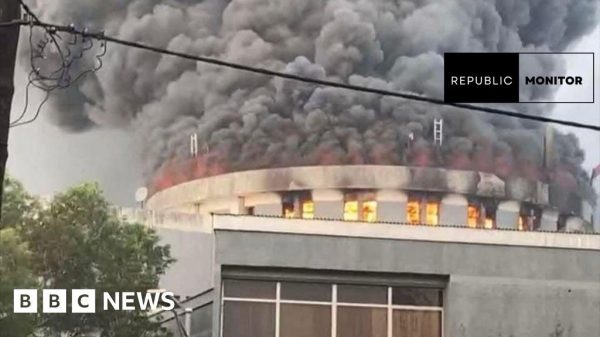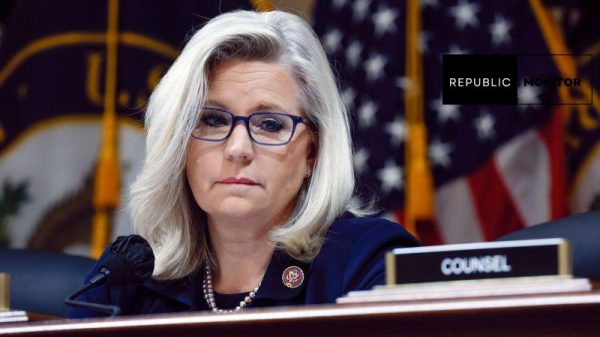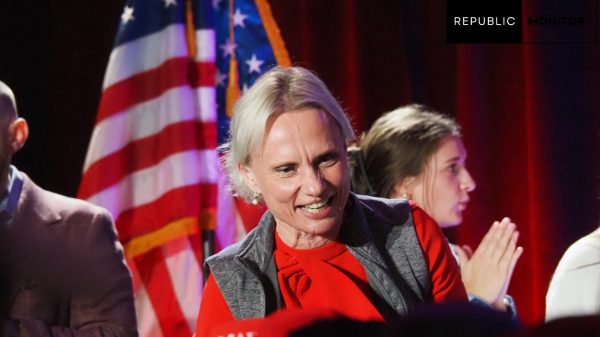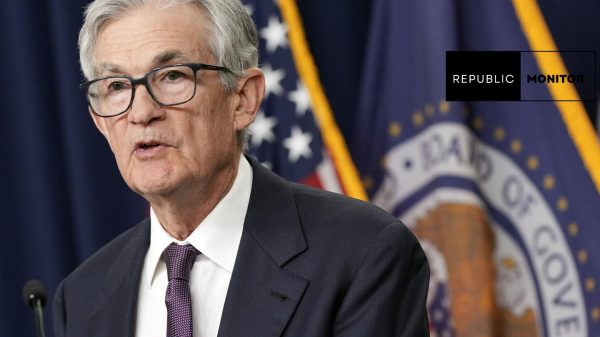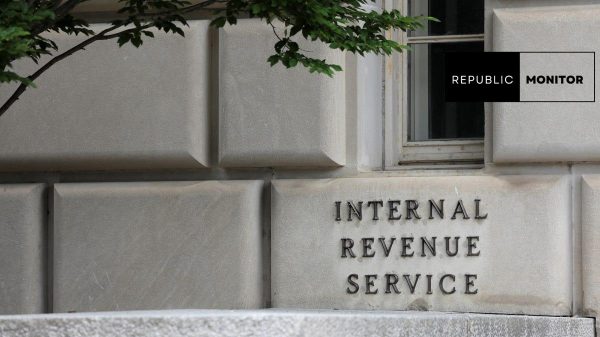In a move that highlights the ongoing political discord in the United States, Republican senators have blocked a crucial $106 billion funding package intended for Ukraine and Israel. The rejection comes despite urgent pleas from President Joe Biden and raises concerns about the impact on geopolitical tensions, particularly with Russia. The primary point of contention leading to the blockage is the exclusion of immigration reforms demanded by Republicans.

Political Gridlock: Republicans Block Ukraine Funding Over Immigration Dispute
Current Status of Funding: The proposedfunding package includes approximately $61 billion earmarked to support Ukraine’s efforts in maintaining pressure on Russia during the harsh winter months. President Biden emphasized the severe consequences for Kyiv and the potential advantage for Russia’s Vladimir Putin if the measure failed to pass.
Republican Opposition and Immigration Focus: The entire 49-member Republican minority in the Senate voted against the proposal. Their rejection stems from frustration over the lack of government action on the estimated 10,000 migrants crossing from Mexico into the U.S. every day. Republican senators, led by negotiator Senator James Lankford, expressed their commitment to standing firm on the immigration issue, declaring it as a moment to address the perceived lack of control at the southern border.
Impact on National Security: President Biden, in response to the blockage, accused Republicans of being willing to “literally kneecap Ukraine on the battlefield and damage our national security in the process.” The President had warned that a failure to support Ukraine could be perceived as a gift to Putin and might result in dire consequences, including potential escalation of conflicts and threats to NATO allies.
Kremlin’s Response: The Kremlin celebrated the gridlock in Congress, expressing hope that lawmakers would continue to reject the White House’s aid request. Kremlin spokesman Dmitry Peskov commented on the situation, stating that the White House was attempting to expend American citizens’ money in the “furnace of the Ukrainian war.”
Border Security and Compromises: Border security with Mexico has emerged as a significant stumbling block in ongoing support for Ukraine. Republicans are advocating for renewed construction of a border wall, a policy associated with former President Donald Trump, while concurrently challenging the eligibility of large numbers of migrants for asylum. President Biden has expressed a willingness to make “significant” compromises on the border issue but noted that Republicans would not get everything they desired.
Conclusion: The political impasse over crucial funding for Ukraine, entangled with the contentious issue of immigration, underscores the challenges faced by the Biden administration in navigating bipartisan cooperation. As geopolitical tensions continue, the clock is ticking, and the need for swift resolution and compromise becomes increasingly urgent to ensure both national security and international stability.


